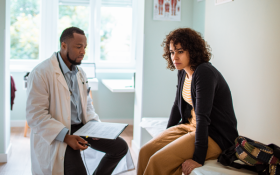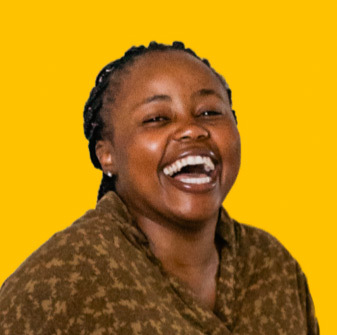Health care has been designed around men. We can change this.
Modern science and medicine has been managed, developed, and researched, for the majority, by men. Until 1993, researchers were not required to include women in medical studies for medications and diseases. So, much of what is understood about medicine is based on how males experience and exhibit illness.
It makes sense, then, that women's health is fairly inequitable - after all, women's bodies are not only different from one another but from men.
Add ethnicity, race, and community factors and women's health equity becomes even more drastic.
On this page:
HOW CHASE BREXTON IS HELPING TO IMPROVE HEALTH EQUITY FOR CISGENDER & TRANSGENDER WOMEN & GENDER FLUID INDIVIDUALS
Consistently training and educating ourselves and our entire staff in all areas of gender-affirming care, diversity, equity, and inclusion.
Providing care that is accessible, affordable, and accountable – as a Federally Qualified Health Center (FQHC), a Joint Commission Accredited provider, and a Leader in the Healthcare Equality Index, we are on a mission to provide women's health and gender-affirming care that makes care easier, affordable, and that not only meets the rigorous standards that FQHCs and all providers must achieve, but is care that we would like to receive as patients.
Whole person care for all our patients - to make care easier and meet every person's needs, we provide care across the spectrum all in one place: primary care, gender affirming care, OB/GYN, infectious disease care, behavioral health, substance use treatment, dental, social work, pharmacy, and lab services, as well as support and more through our Center for LGBTQ Health Equity.
Equitable, culturally competent, and community-driven care - we meet people where they are and provide care that is what they need; we partner with our patients and embrace and affirm their needs to help them be their healthiest selves.
Expanding our gender affirming care and women's health programs to ensure all women are seen, heard, and given the resources, support, and tools they need to live their fullest, healthiest lives.







